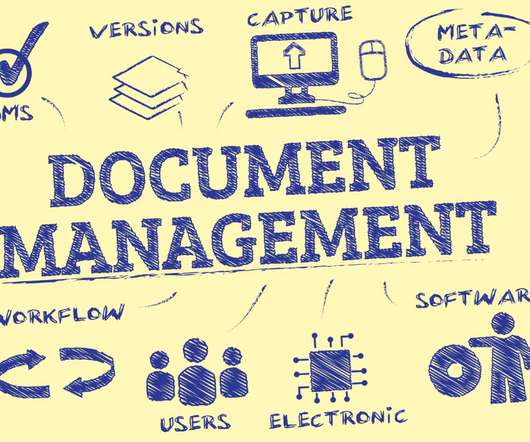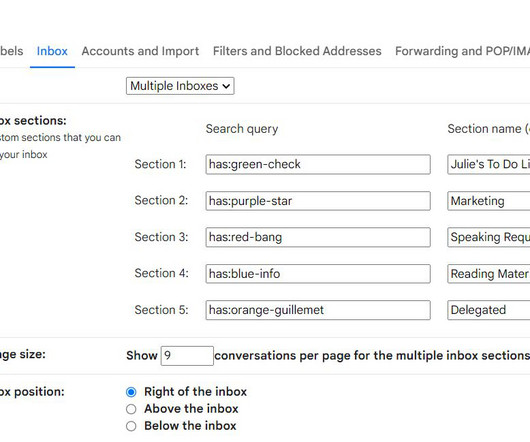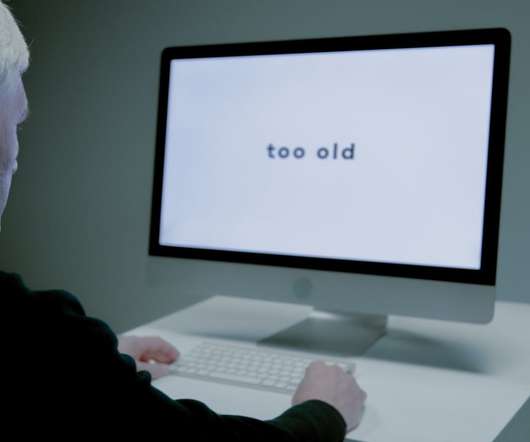It’s time to review (or create) your document retention policy
BMT Office Administration
AUGUST 8, 2022
Worried that your company might not have a particular document on hand if the IRS conducted an audit? They create a document retention policy that clarifies what needs to be saved, where, and for how long. Courts and government agencies frown upon individual employees selectively keeping or tossing important documents.





























Let's personalize your content